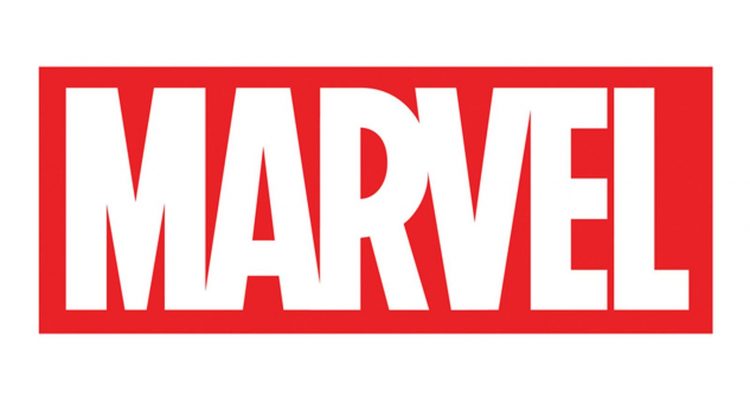It seems impossible to go a day now without reading the word “diversity” in a headline and when we do, there is typically a negative perspective that succeeds it. The media frenzy and internet buzz surrounding Marvel Comic’s statement that suggested their declining sales is a result of increased diversity in their characters is no exception.
According to The New York Times, when asked about the readership of the company’s comic series, David Gabriel, the company’s vice president for sales, said, “What we heard was that people didn’t want any more diversity.” Despite Gabriel’s statement being interpreted as negative, I do not believe that his intention was to reject the recent addition of diverse superheroes and I do not believe that the inclusion of non-white heroes is problematic. We need more characters with different experiences and appearances to reflect our current global climate, and even if Gabriel’s statement is true, it reflects more poorly on our society than it does Marvel, unless they choose to adhere to public opinion.
Marvel’s superheroes have historically reflected the times during which they were created. We need only look as far as Steve Rogers, whose horror at Nazi Germany’s atrocities encouraged him to enlist in the army and, ultimately, become Captain America. In more contemporary times, we have heroes like Luke Cage, who came to Netflix in 2016. In addition to diversifying Marvel’s on-screen representation of heroes, Cage’s character has significant political significance in the United States’ social context of the Black Lives Matter era, according to Time. These types of representations of historical and current political environments are evidently not limited to one group of people. When there are claims made by sales executives that people are less inclined to buy a series with a minority superhero on the cover, we should ask ourselves why that could be the circumstance. “Luke Cage” received a 96 percent rating on Rotten Tomato, and the review aggregator website described the show as “an immersive, socially conscious narrative and a confident, charismatic lead performance make Marvel’s Luke Cage a stellar sampling of the new Marvel/Netflix universe.” Therefore, is the potential pushback on new characters with new experiences because people are set in their ways and grew comfortable with the familiar, white faces that adorned display windows at the increasingly obsolete comic book store windows? I think that is highly likely. It is like any other aspect of culture that changes that we have to adapt to, though. Much like I explain to people when I am asked how I plan to be a journalist in a time when media is constantly being redefined, I explain that newspapers can stubbornly put their fingers in their ears and refuse to adapt, or they can — like Marvel has attempted to do — get their acts together and provide for the masses.
There are plenty of global and national issues today that should be expressed appropriately through the arts. By adding a greater range of characters with different backgrounds, Marvel’s viewership should grow, but only if they sell it in the right way. As I am sure any individual with a background in marketing would affirm, there needs to be a critical analysis of who is already picking up the Marvel comic series’ and going to the films. Additionally, once that is determined, then there needs to be an effort made to create more characters that will broaden the viewership demographic, and only then will sales have a stronger chance of improving. Regardless of whether or not “traditional” fans are less than enthused by the racial, ethnic and gender changes in their favorite superheroes, it will only be through further diversification that Marvel can broaden its audience and ideally, increase its sales revenue. Therefore, I do not think that public unwillingness to open their eyes and see beyond a five-foot radius should dissuade Marvel from creating more of these characters.
Perhaps G. Willow Wilson, author of the series “Ms. Marvel: Super Famous,” put it best when she, as reported by The New York Times, wrote online, “Let’s scrap the word diversity entirely and replace it with authenticity and realism. This is not a new world. This is the world.”


Leave a Reply